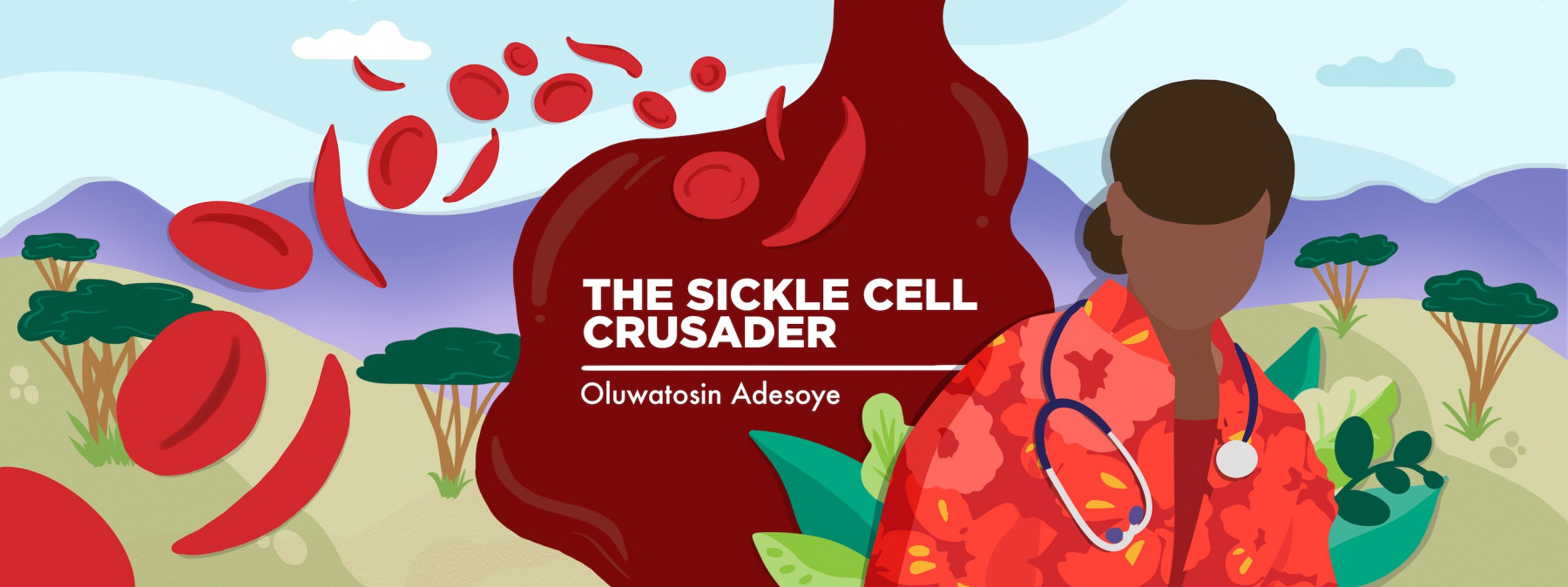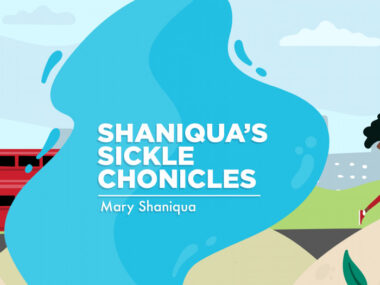Distraction can be a powerful tool for managing sickle cell pain
These activities help me cope with mild to moderate crisis pain
Written by |

Managing sickle cell pain can be extremely challenging. While medical interventions remain the mainstay of treatment, nonmedical strategies like distraction can sometimes be effective in relieving mild to moderate pain.
Distractions are therapeutic strategies, activities, or interventions that divert attention away from pain and discomfort, providing relief during a sickle cell pain crisis.
My personal experience
Throughout my life, I have found that distractions have often helped me cope during crises. My earliest experience with this strategy occurred during childhood. I vividly recall that whenever I experienced pain, my sister would gently massage the affected area with her bare hands, providing me with relief. I didn’t understand why the massage helped at the time, but I always appreciated the comfort it brought.
As I grew older, I came to understand that massages diverted my attention, providing a mental break from the discomfort and leading to a reduced pain perception. Medically, massage also stimulates the release of endorphins. These natural painkillers probably contributed to the relief I felt.
Growing older, music has emerged as another crucial, multipurpose distraction. It acts as food for my soul and, at times, heals both my body and mind. Listening to music sometimes relieves my pain while also combating feelings of boredom and loneliness. Immersing myself in melodies allows me to temporarily forget my discomfort.
I am incredibly grateful for technology and thank God for phones and the internet. Surfing social media and playing nonintense phone games are great distractions from my pain. My phone is my ever-present help in times of trouble. It is sometimes my best friend because it is one of the most efficient distractions from sickle cell pain. Unless the crisis is in my hand, you will always find me on my phone when I’m in mild to moderate pain. I’ve even used the device while fighting for my life in the intensive care unit.
Television also helps me cope with pain. I enjoy watching various programs, including sports, reality shows, dramas, and Christian broadcasts. On several occasions, I told my family to bring my cable TV to my private ward in the hospital, as watching shows when I’m in pain often grants me a sense of relief and improves my mental health.
Sometimes the presence of close family members is a beautiful distraction when the pain isn’t too bad. Their presence significantly boosts my mental well-being, which in turn helps my physical health and enhances my healing process. However, when the pain is severe, I likely don’t want to see anyone except my doctor or nurse. Distraction rarely works for me during episodes of extreme pain.
Benefits and limitations of distractions
While distractions can sometimes be an effective coping mechanism for sickle cell pain, they can also lead to misunderstandings from family, friends, and healthcare professionals. Instead of recognizing our resourcefulness in finding ways to manage the pain, they may underestimate our suffering, assuming that if we can use our phones or watch TV, we are malingering and not really hurting.
However, having lived with the acute and chronic pain of sickle cell disease all our lives, it is only natural for us to find effective coping strategies. It is essential for others to appreciate our resilience and not mistake it for lack of pain. What we endure regularly could be unbearable for others, and it is crucial to respect our experiences, struggles, and coping mechanisms.
With all of that said, it is crucial to choose your distractions wisely. Be cautious not to choose strategies that will exacerbate your pain crises. For instance, typing on your phone, writing, or playing games with a painful hand will only aggravate it. Secondly, don’t allow your chosen distraction to stress you or take away your rest. Rest is essential for recovery from a pain crisis, and anything that interferes with that can worsen your health.
In conclusion, while distractions can be beneficial for managing mild to moderate pain, they should not be viewed as a substitute for medical treatment for people living with sickle cell disease. In cases of severe pain, these methods may even worsen the situation rather than provide relief. Thus, distractions should be considered as adjunctive measures to complement medical management.
Note: Sickle Cell Disease News is strictly a news and information website about the disease. It does not provide medical advice, diagnosis, or treatment. This content is not intended to be a substitute for professional medical advice, diagnosis, or treatment. Always seek the advice of your physician or other qualified health provider with any questions you may have regarding a medical condition. Never disregard professional medical advice or delay in seeking it because of something you have read on this website. The opinions expressed in this column are not those of Sickle Cell Disease News or its parent company, Bionews, and are intended to spark discussion about issues pertaining to sickle cell disease.



Adeyeye kemisola
Keep me updated as l have a 4-year old with the challenge
Bengevard Estime
All day everyday. Thank you Lord for the technology in the USA. Thankful for my family and my hemoglobin doctor. Dr José Ortega in Florida.
Kehinde Bolanle
Managing sickle cell can be very tiring, but ability to follow the children and know what to do at the time of crisis matters .
Nevertheless, showing love and affection to them during crisis matters a lot because it makes them to feel that no matter what they are passing through, your love for them is unconditional.
Arowosaye Adewale
Thank you Doctor Tee for this inspiring piece.
Hameed Alahmed
Thanks .. May allah give us the strength